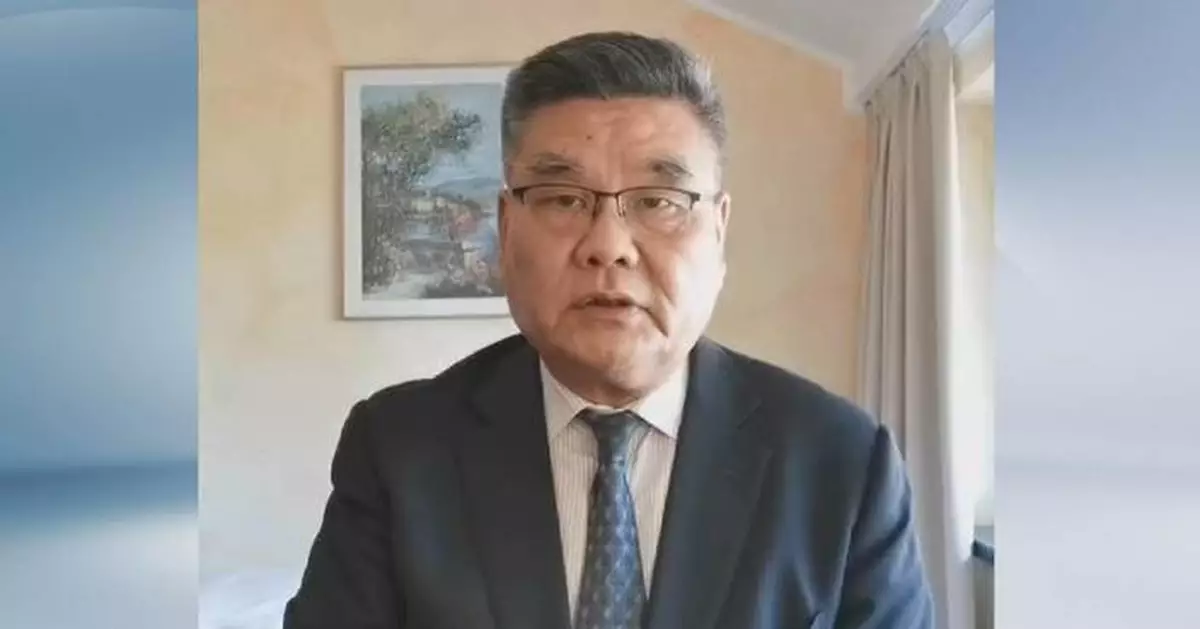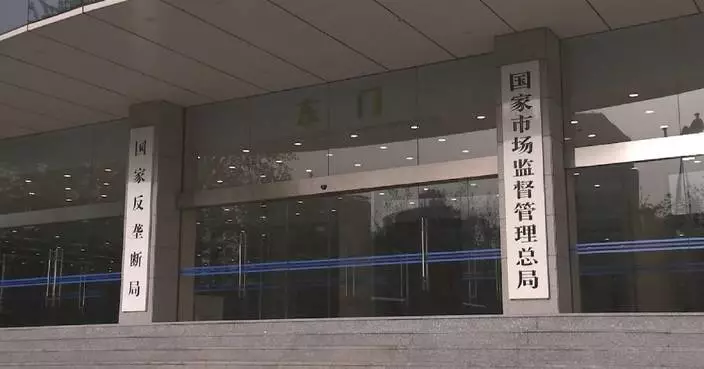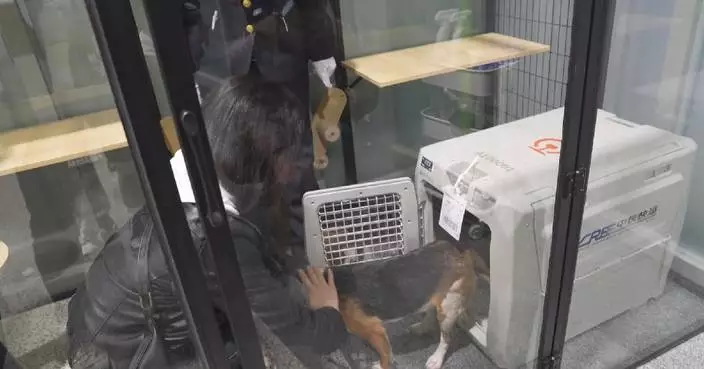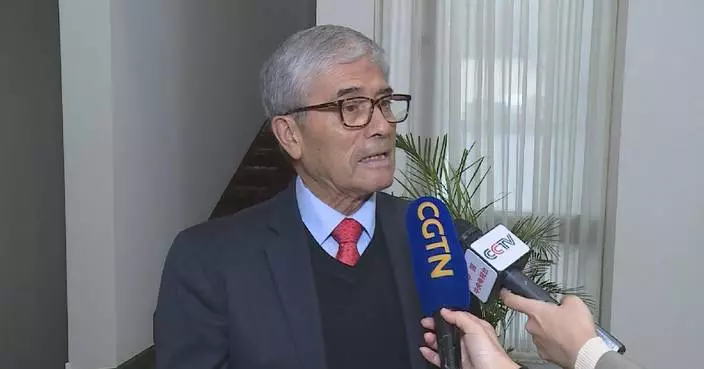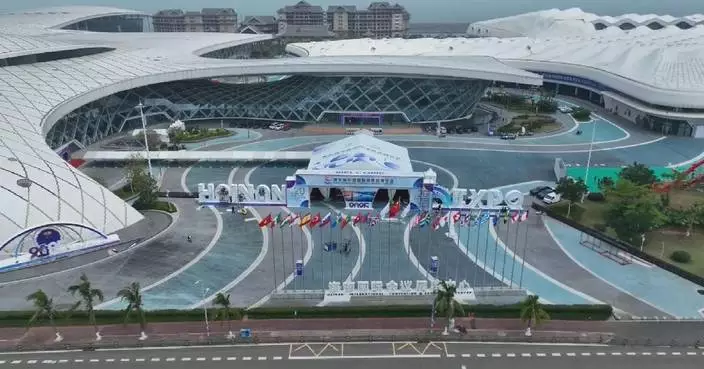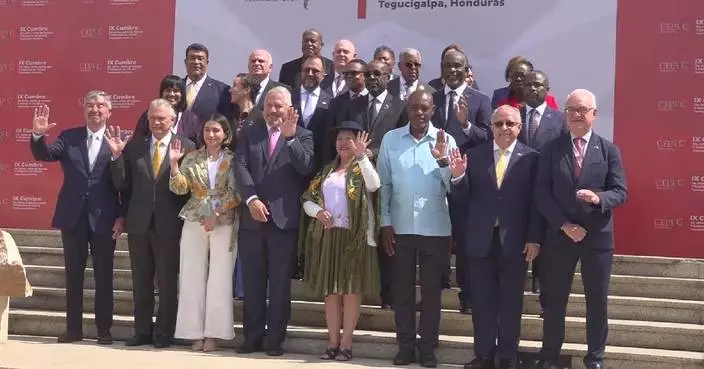German car manufacturers and industry associations are urging the European Commission (EC) to reverse its plan to impose hefty import tariffs on Chinese electric vehicles (EVs), warning the move could hurt local industry and boomerang against the competitiveness of the European Union (EU).
The EC announced on Oct 4 that it passed a vote to impose punitive tariffs on Chinese battery EVs. Though the Commission said it had secured necessary support from member states, 12 EU members abstained from the vote and five voted against the decision.
The Commission's announcement on the controversial tariffs has provoked an outcry from Germany's automotive industry. They criticized that the move may hurt the competitiveness of German carmakers in the Chinese market.
"Over the years, German automakers have deepened their involvement in the Chinese market, and have especially reached close strategic cooperation relationships with many Chinese EV makers. Among the products on which the EU is planning to impose countervailing duties this time, EVs produced by Sino-German joint ventures actually account for a considerable share. So, in this context, I think German companies will continue to put pressure on the EU to safeguard their own interests," explained Cui Hongjian, director of the Center of European Union and Regional Development Studies with Beijing Foreign Studies University.
He also noted that the EU's decision to impose tariffs on Chinese EVs stems from its adherence to the U.S. economic security strategy.
"However, even the automotive industry in Germany, and some European companies, have long been under pressure from the United States, especially during the previous Trump administration. The U.S. cited a reason that European cars were selling well in the North American market and were more competitive than American cars. Consequently, the Trump administration sought to levy extra taxes, such as steel tariffs, on Germany and several other European nations. Against this backdrop, I believe that both German car manufacturers and governments of European countries should know better that they need to strengthen cooperation with China to ensure the development of European automotive companies and to continue promoting green transformation in the future. If they blindly follow the United States politically without considering their own interests, I think this will not only bring greater challenges in transforming European car manufacturers in the future, but also largely undermine their capacity and deny them the chance for extensive collaboration with the Chinese automotive sector," said Cui.
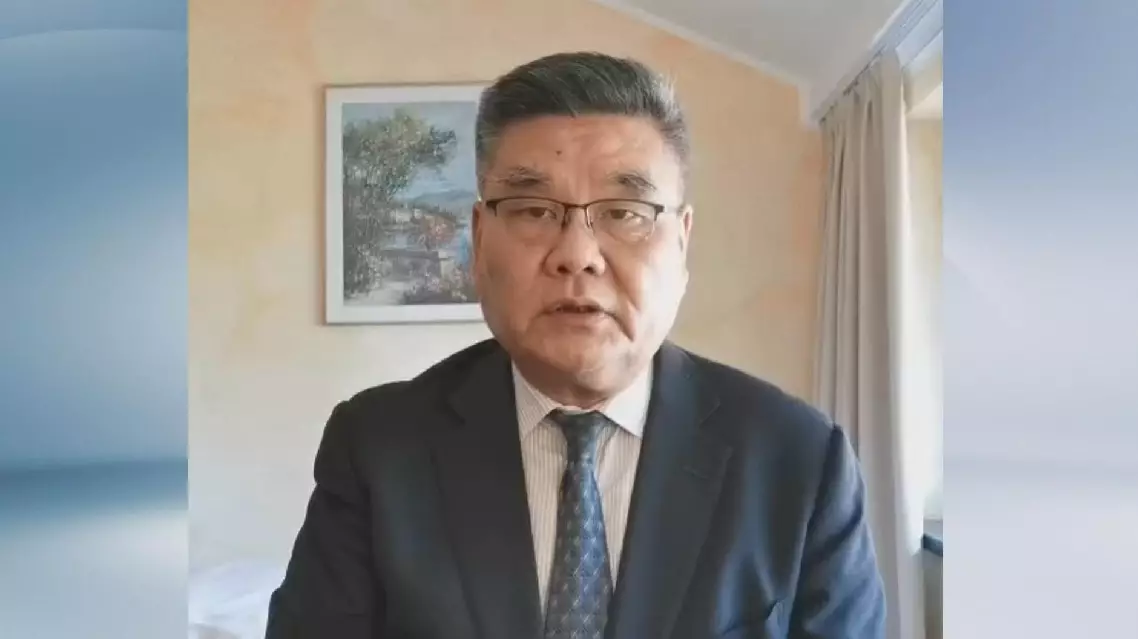
German carmakers pressure EU leaders to reverse tariffs on Chinese EVs
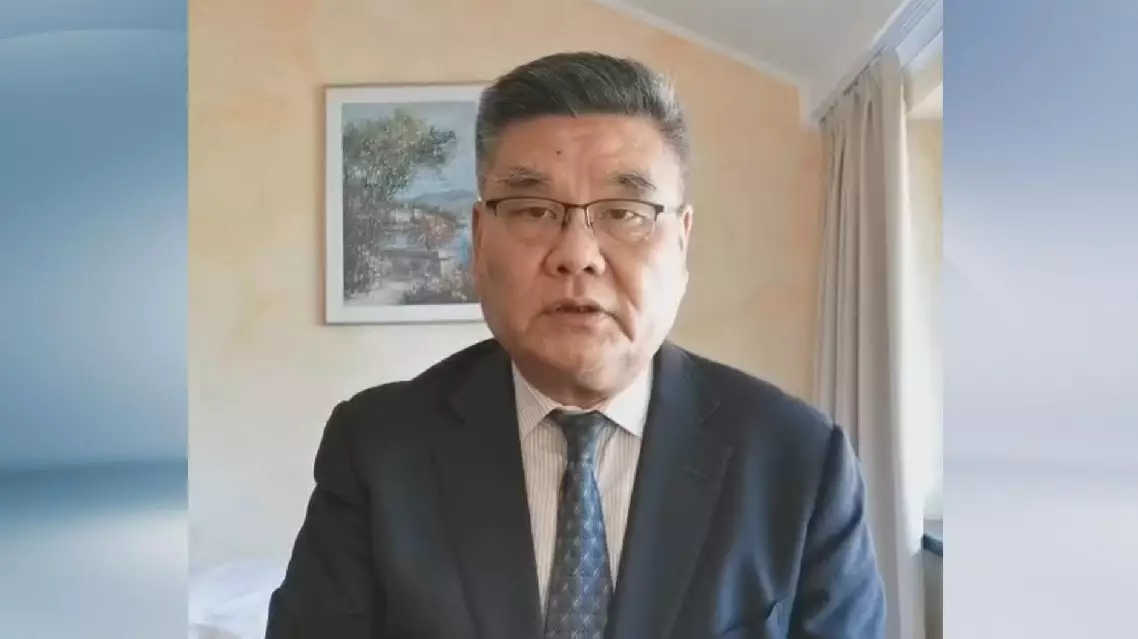
German carmakers pressure EU leaders to reverse tariffs on Chinese EVs
A conference on sustainable development cooperation among Shanghai Cooperation Organization (SCO) member states concluded with the signing of 18 key projects worth a total of 4.795 billion yuan (about 655.5 million U.S. dollars) on Thursday in north China's Tianjin Municipality.
The projects, covering new energy, new materials, infrastructure, and automotive supply chains, are expected to boost practical cooperation among member states.
Nearly 400 guests, including officials and enterprises from SCO member states, attended the opening session. The conference is part of a series of activities ahead of the upcoming SCO summit in China this autumn.
The agreements involve eight countries, including the UAE, Egypt, and Uzbekistan. Notable projects include a 200-megawatt transformer substation in Egypt's Suez Canal Economic Zone and a collaboration between the UAE and Tianjin Municipality to help local enterprises expand overseas.
Ahmed El Homosani, CEO of the Sczone Utilities, highlighted the importance of the power substation project in attracting quality investments. "What we are going to sign is a framework agreement regarding building a new substation, 200 mega of electricity power. It will attract more and better investments," he said.
Meanwhile, Avinash Jagetiya, CEO of UAE's Sun Management Consulting, emphasized the significance of the cooperation agreement with Tianjin. "Yes, I'm certainly looking forward to this conference and that is the reason I'm here. And in this conference also we are going to sign an MOU (Memorandum of understanding) with Tianjing government. And this project is a step forward in serving the Tianjin enterprises and expanding their footprints and overseas market," he said. The conference also featured specialized sessions on energy, infrastructure, and mining cooperation. Energy cooperation was a focal point, with representatives from Kyrgyzstan noting increased interest from Chinese investors in energy projects.
"At present, a large number of Chinese investors are directly engaged with Kyrgyzstan's State Investment Agency for energy projects, including hydropower, solar and wind power plants," said Maksatbek Botoyarov, chief specialist of the Department of Investment Attraction and Regional Development of Kyrgyzstan.
Participants, including representatives from traditional energy firm LONGi, expressed commitments to increasing investments in the new energy sector and exploring green transformation pathways with SCO members.
"Over the years, we have developed green electricity and green hydrogen products and technical solutions to help these SCO countries achieve their sustainable development and energy transition. We are also actively communicating with the Kazakh government to formulate specific plans and programs for implementation," said Shi Shufeng, marketing director of LONGi's Central and East African Market.
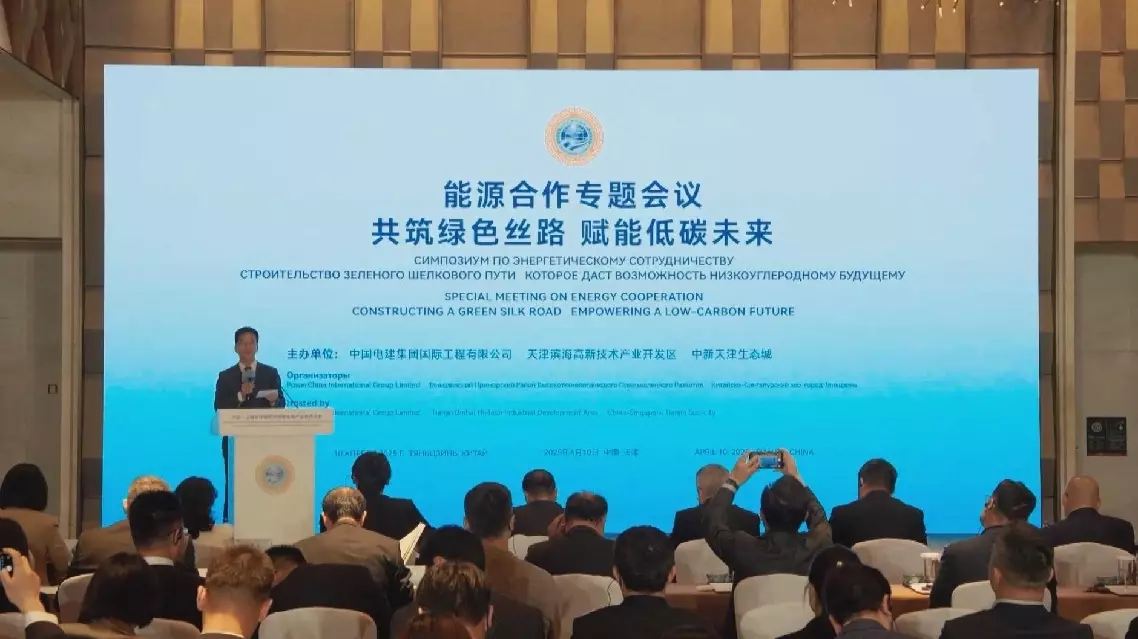
SCO sustainable development conference secures 18 projects involving nearly 4.8 bln yuan




